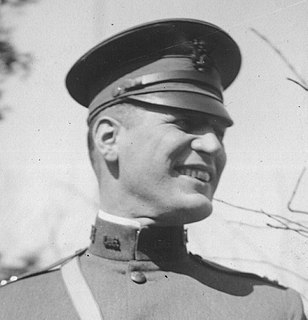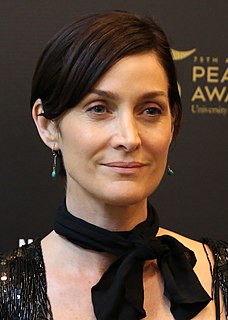A Quote by Harvey Dunn
The character, position and weight of an object are in the edge.
Related Quotes
Object in/ and space - the first impulse may be to give the object - a position - to place the object. (The object had a position to begin with.) Next - to change the position of the object. - Rauschenberg's early sculptures - A board with some rocks on it. The rocks can be anywhere on the board. - Cage's Japanese rock garden - The rocks can be anywhere (within the garden).
My work sanitizes it (emotion) but it is also symbolic of commercial art sanitizing human feelings. I think it can be read that way.... People mistake the character of line for the character of art. But it's really the position of line that's important, or the position of anything, any contrast, not the character of it.
From the moment they had left the Earth, their own weight, and that of the Projectile and the objects therein contained, had been undergoing a progressive diminution. . . . Of course, it is quite clear, that this decrease could not be indicated by an ordinary scales, as the weight to balance the object would have lost precisely as much as the object itself. But a spring balance, for instance, in which the tension of the coil is independent of attraction, would have readily given the exact equivalent of the loss.
The character truest to itself becomes eccentric rather than immovably centered, as Emerson defined the noble character of the hero. At the edge, the certainty of borders gives way. We are more subject to invasions, less able to mobilize defenses, less sure of who we really are, even as we may be perceived by others as a person of character. The dislocation of self from center to indefinite edge merges us more with the world, so that we can feel blest by everything.
And, for any performer, to be able to go deep into character is fantastic. In film you only get to do that if you're the leading character. But in television you get 18 hours to really test the audience and take them to the edge of how far they will go with this character. I can step over this line and I love that.
Elegant and lucid . . . a pitch-perfect clarion call, issued not with preachy hubris but from a deep place of humility, for awakening to the greatest rewards of living . . . The Road to Character is an essential read in its entirety-Anne Lamott with a harder edge of moral philosophy, Seneca with a softer edge of spiritual sensitivity, E. F. Schumacher for perplexed moderns.
If thinking is like perceiving, it must be either a process in which the soul is acted upon by what is capable of being thought, or a process different from but analogous to that. The thinking part of the soul must therefore be, while impassable, capable of receiving the form of an object; that is, must be potentially identical in character with its object without being the object. Mind must be related to what is thinkable, as sense is to what is sensible.

































